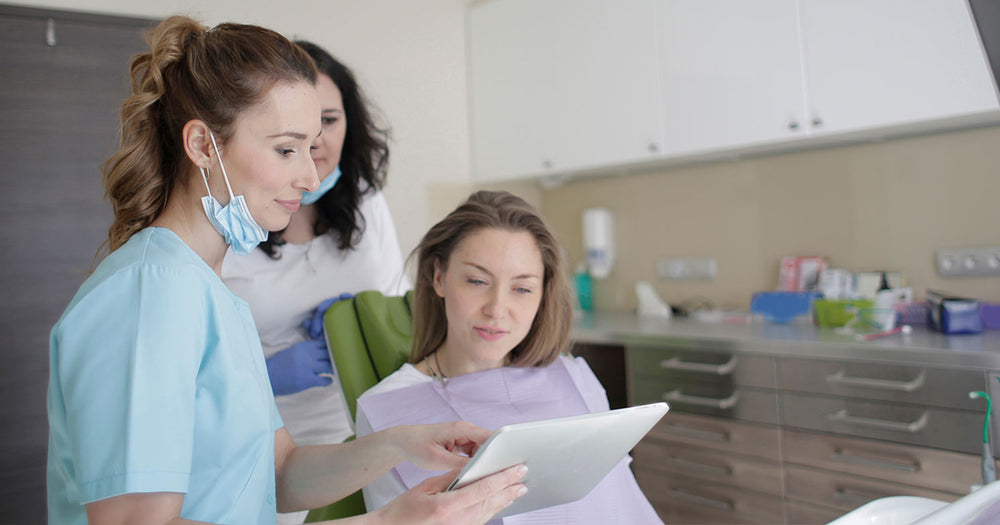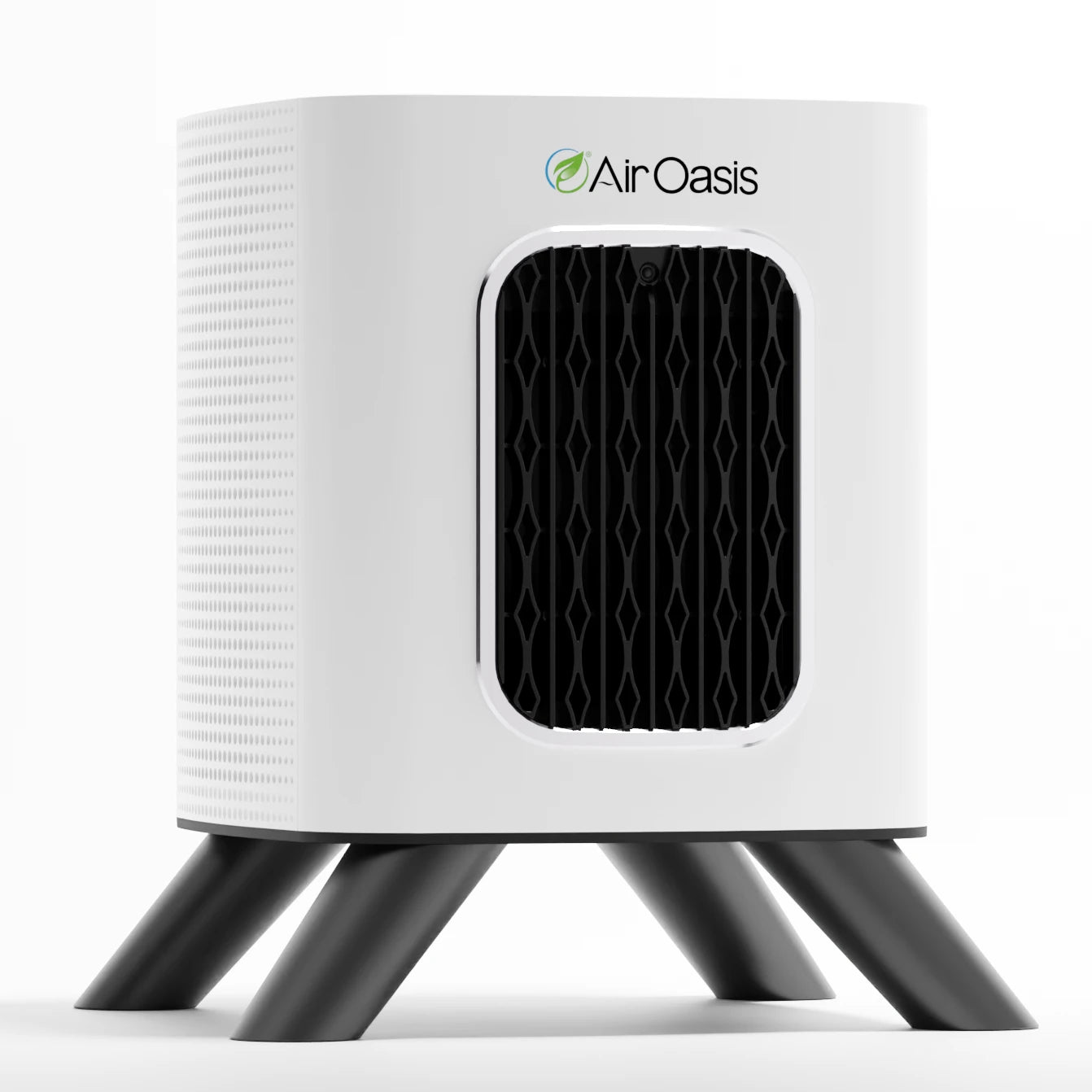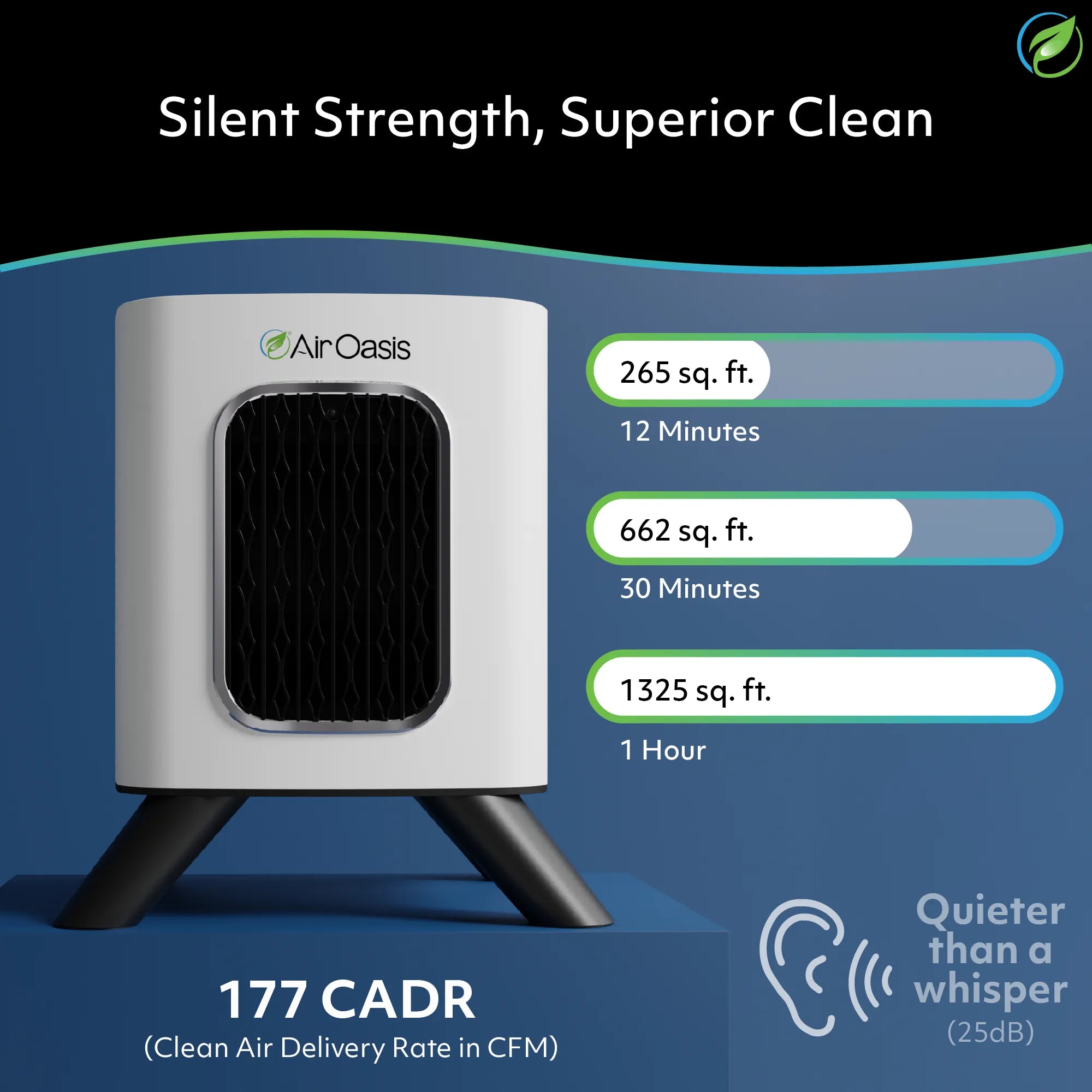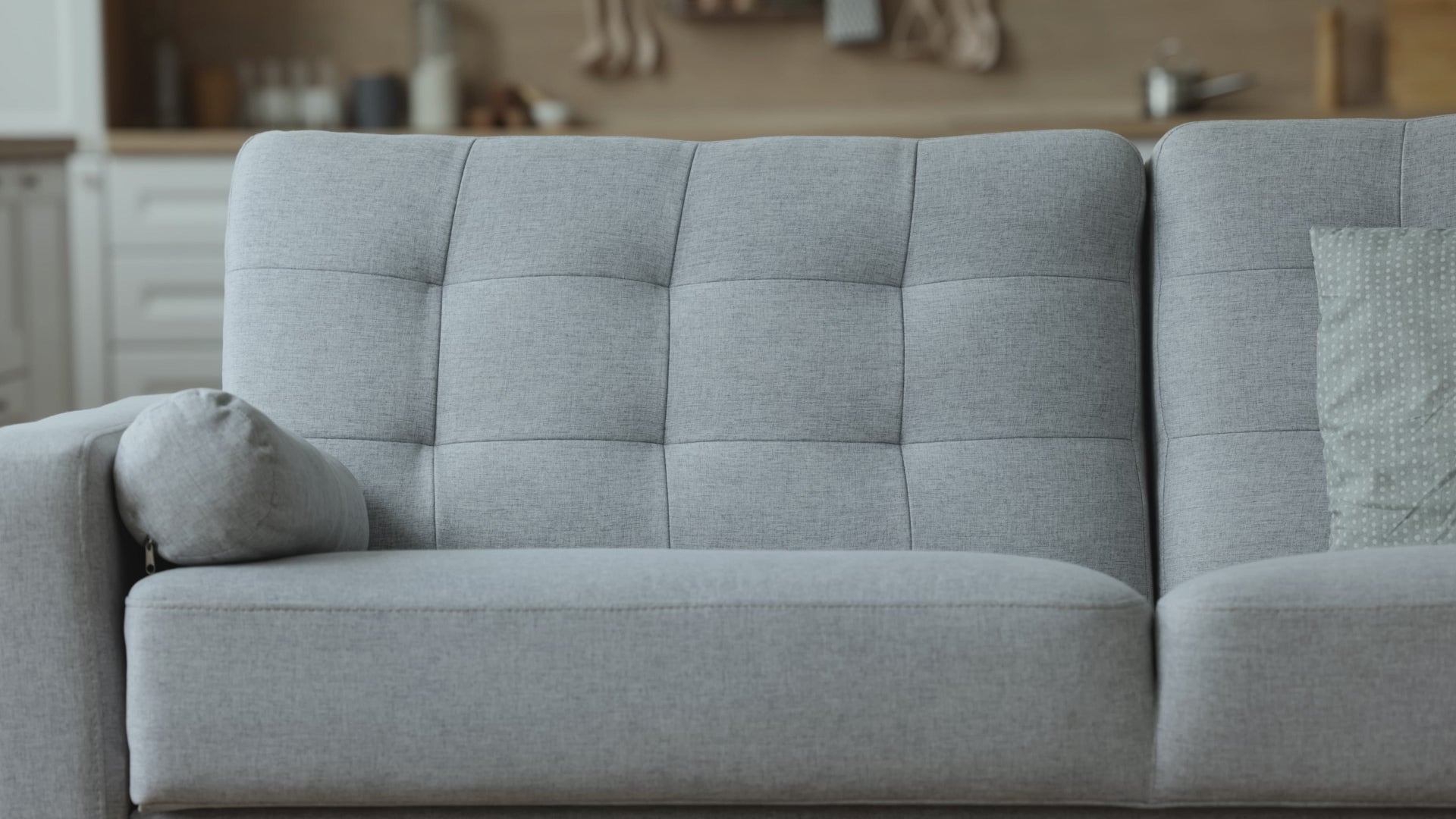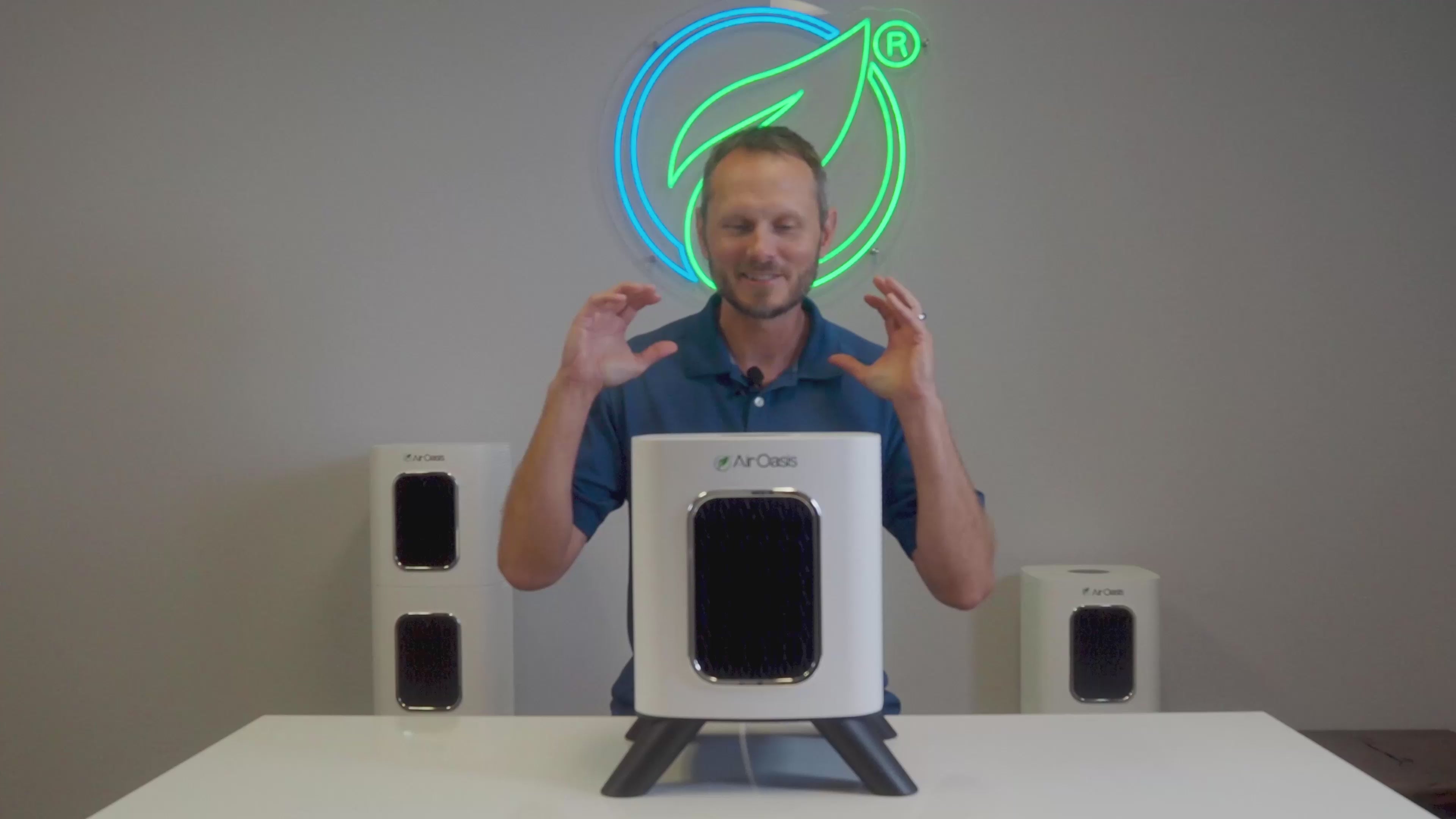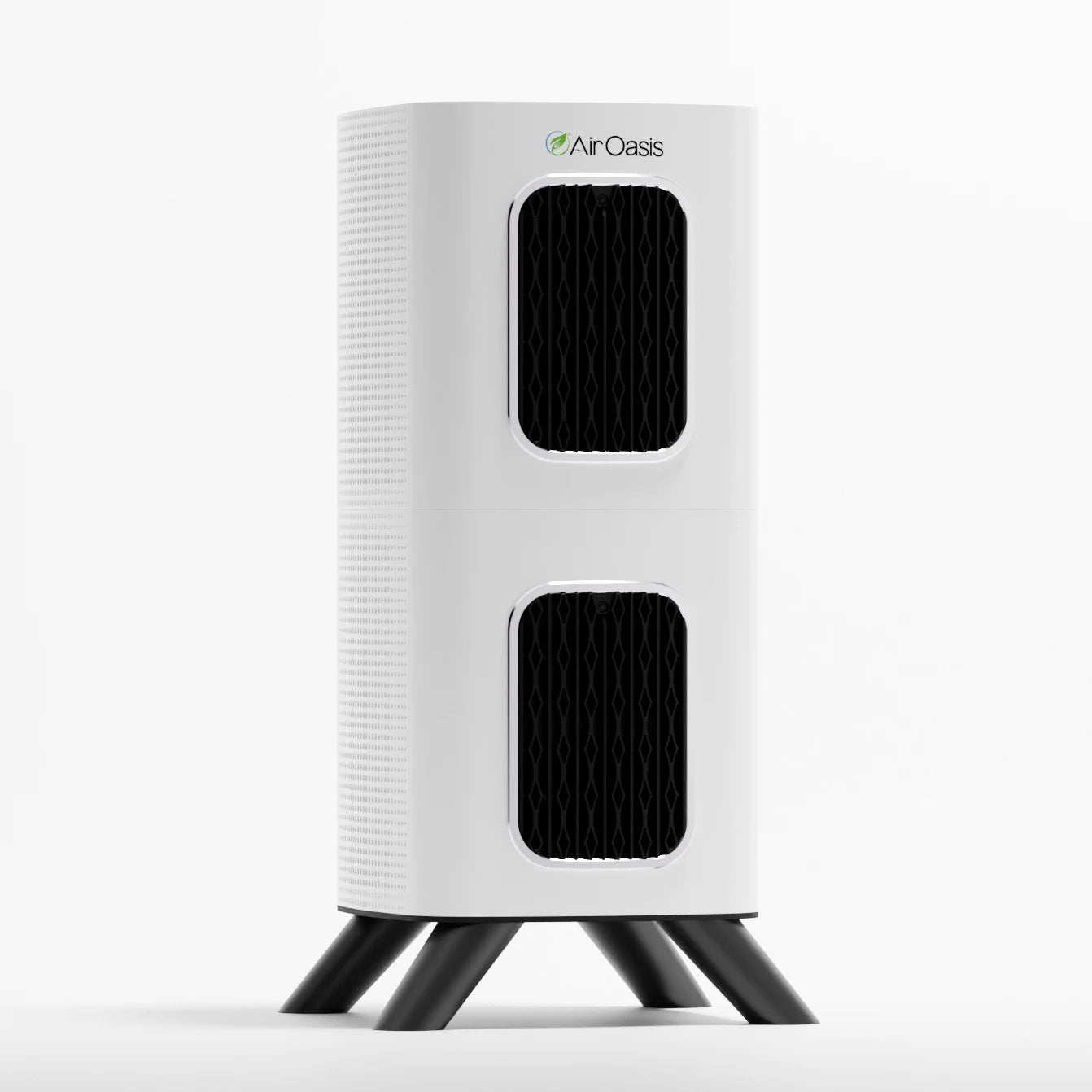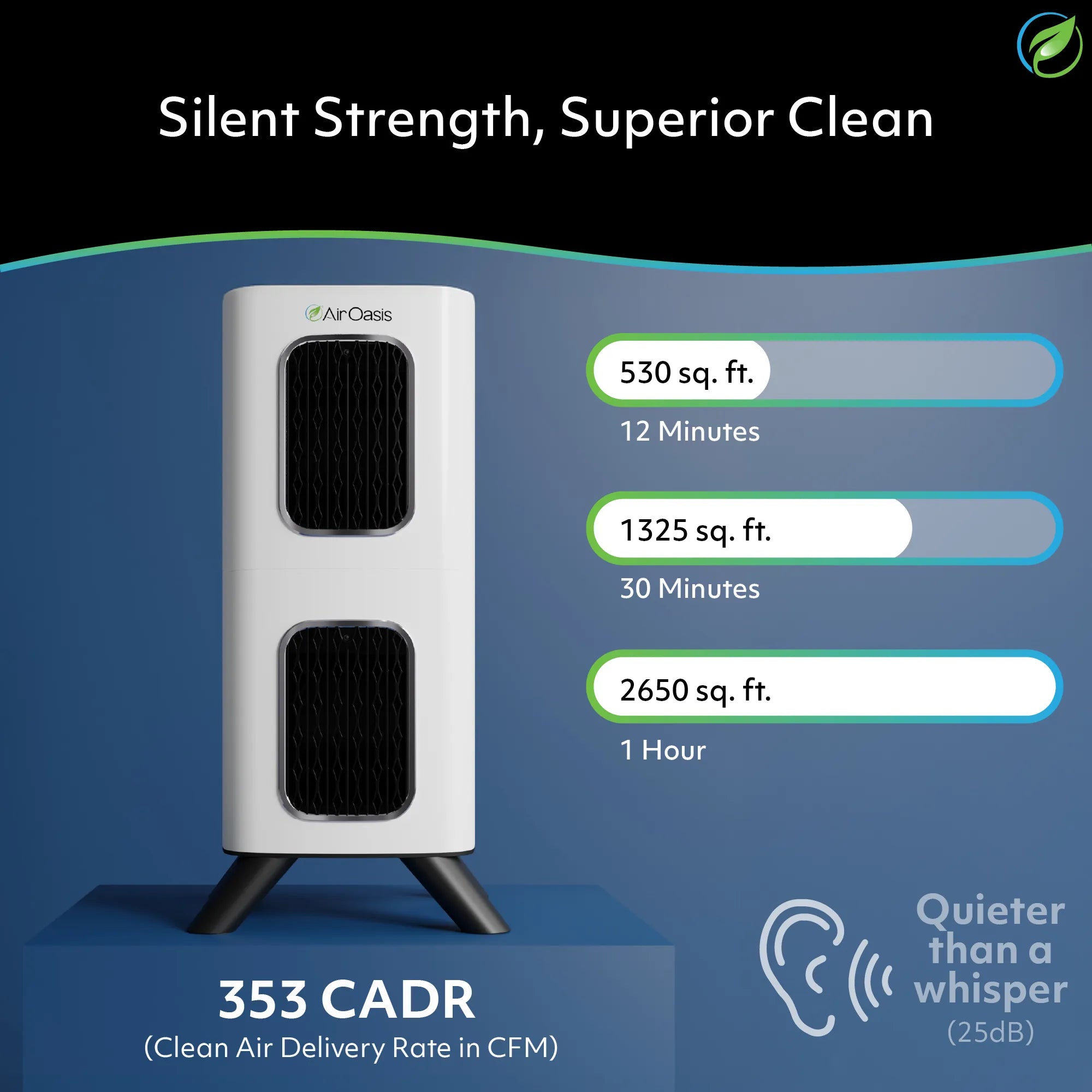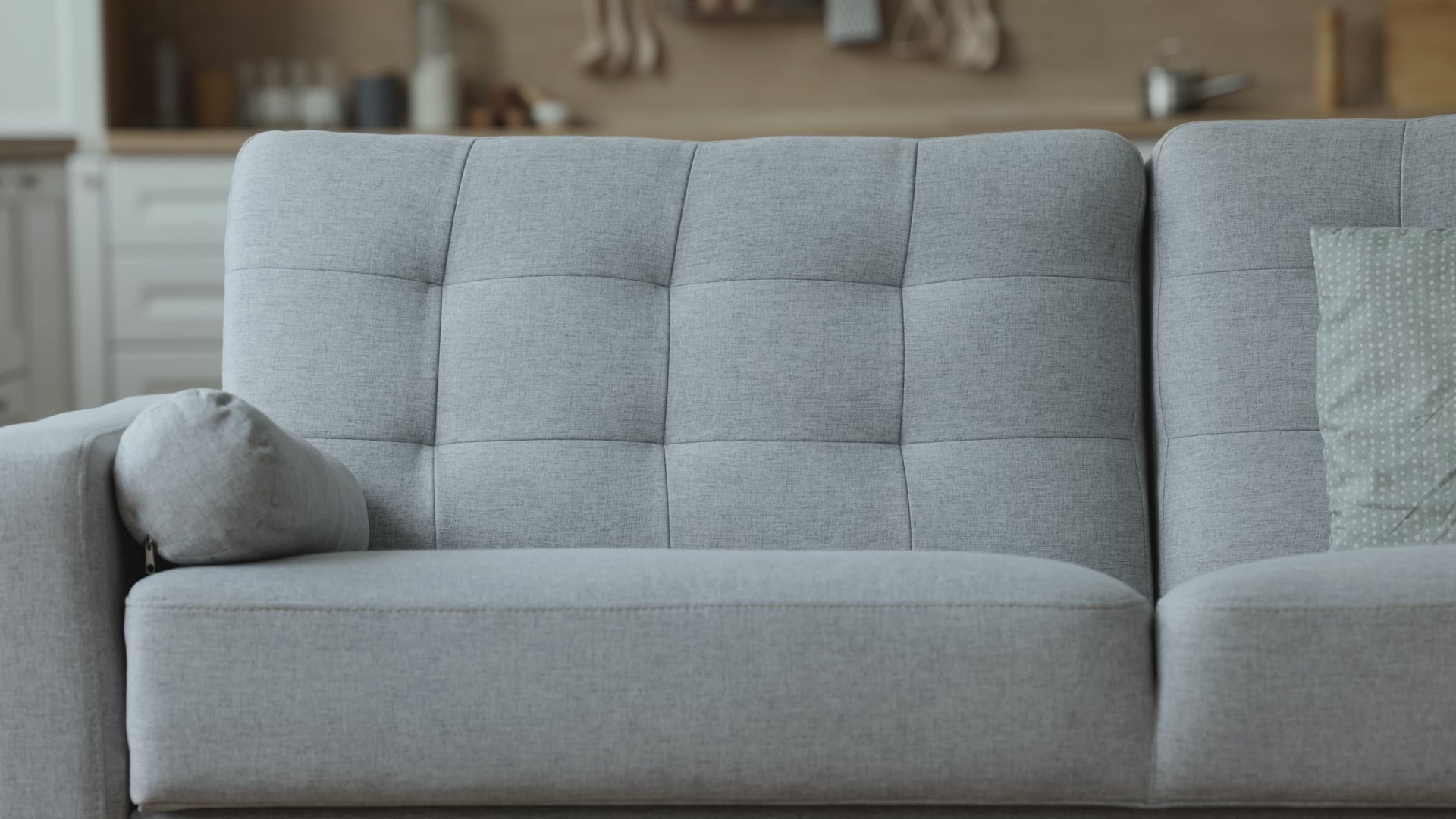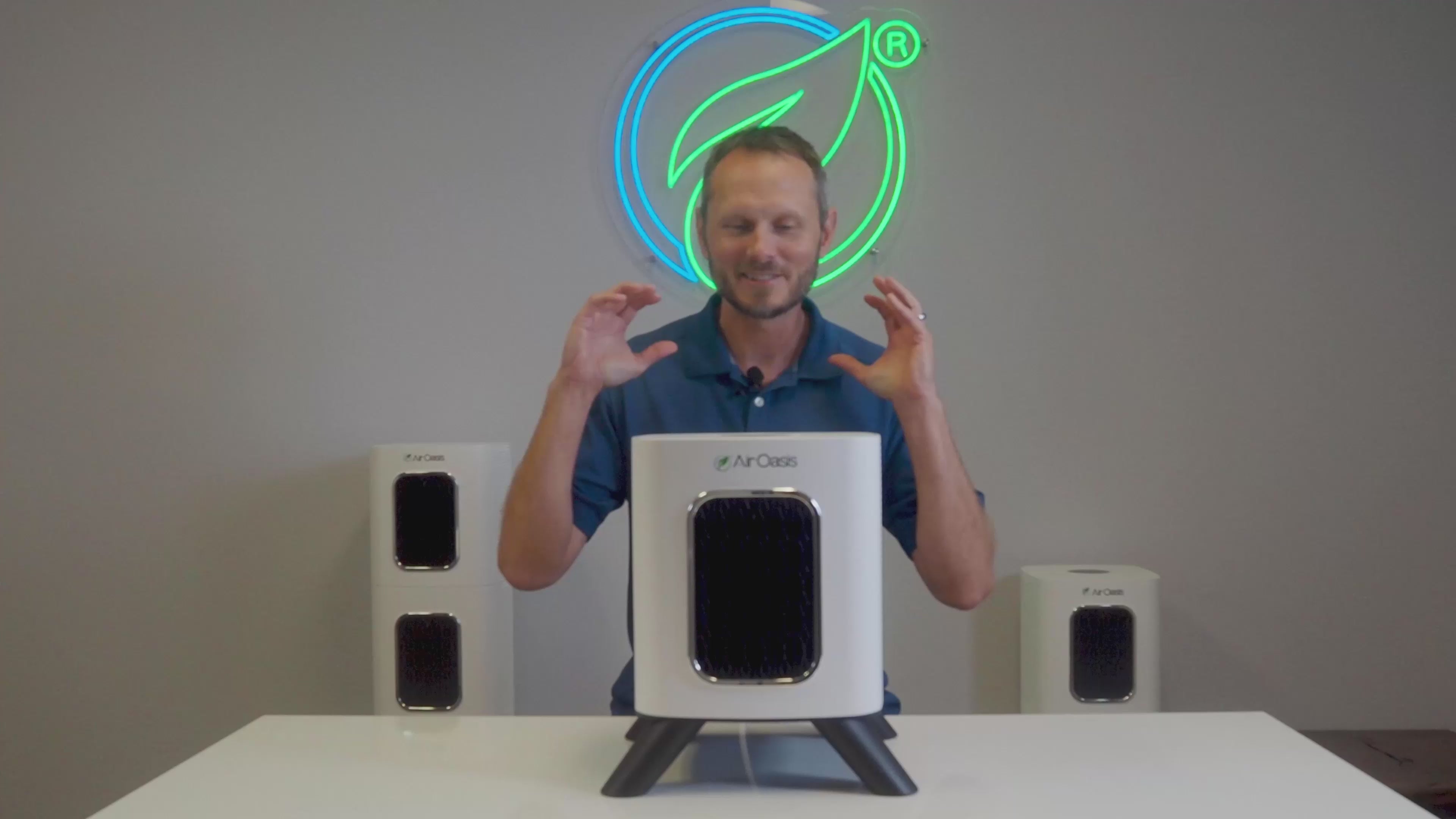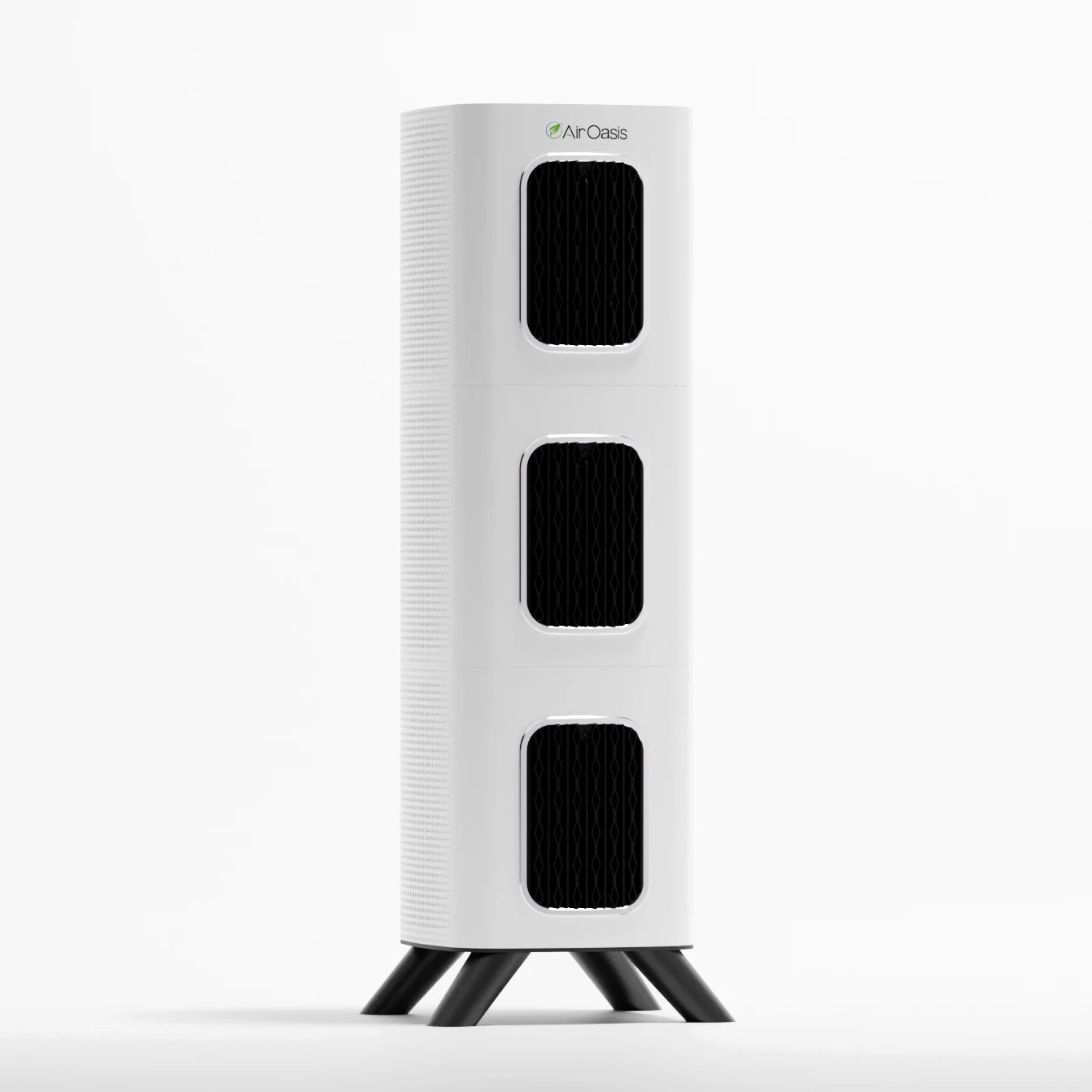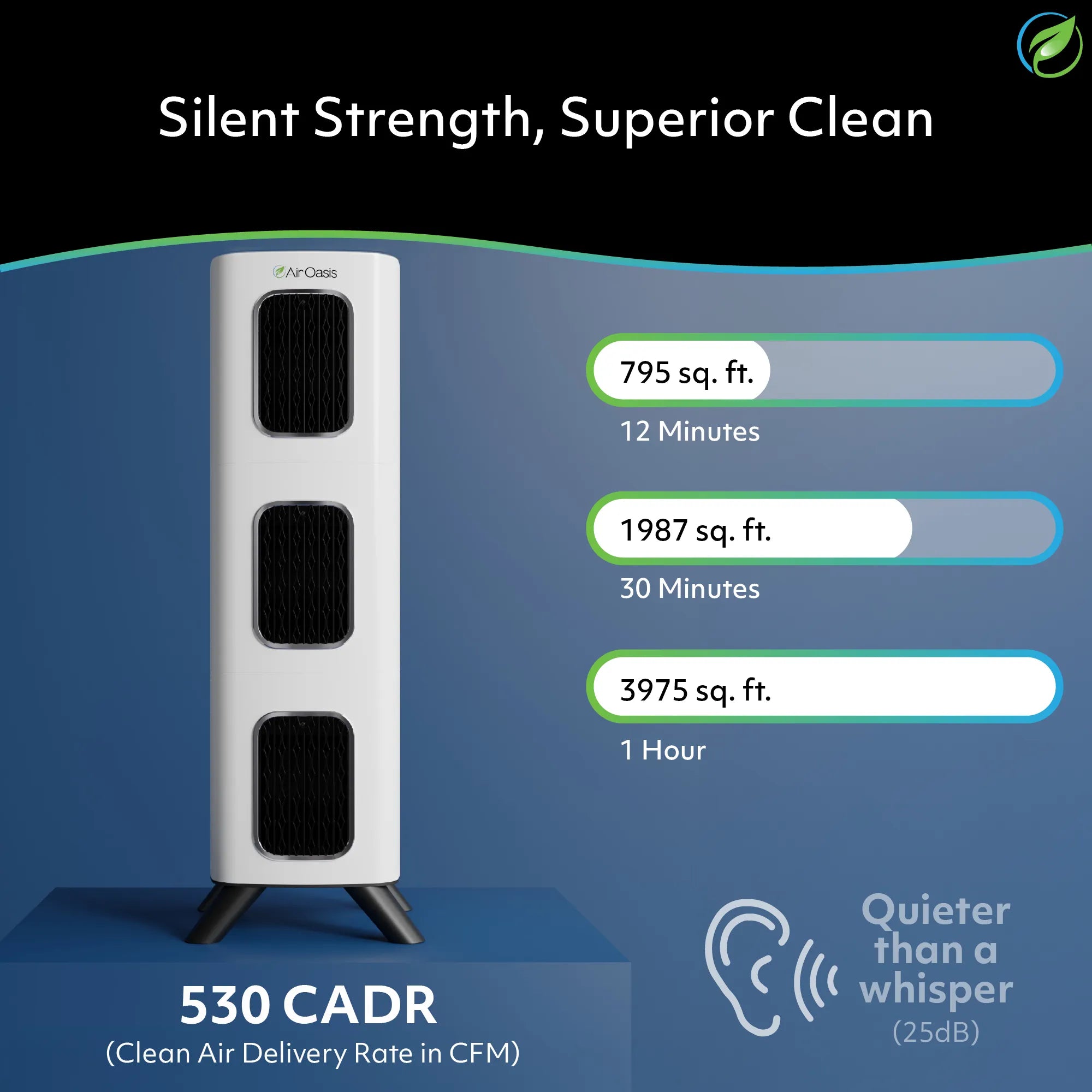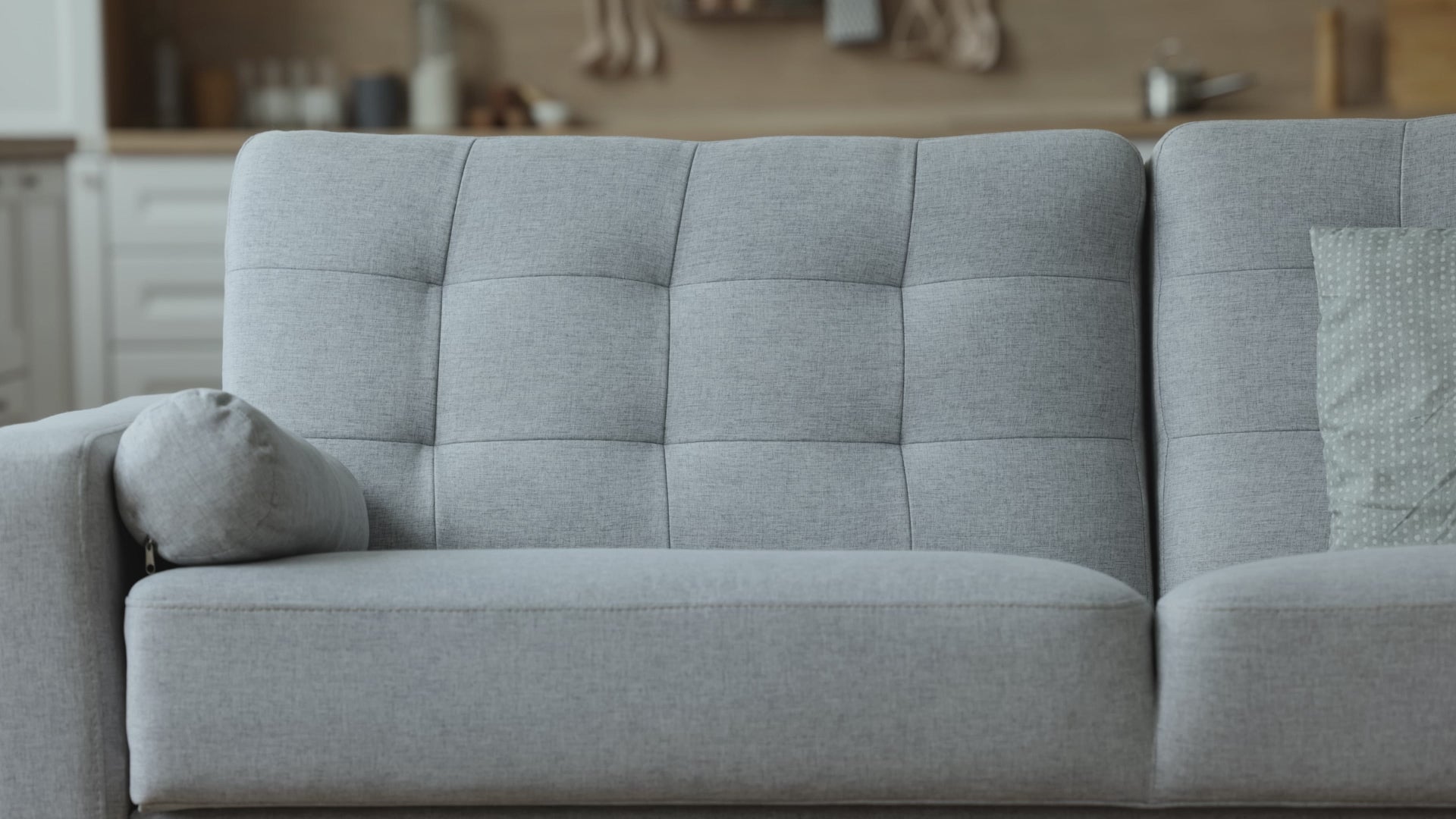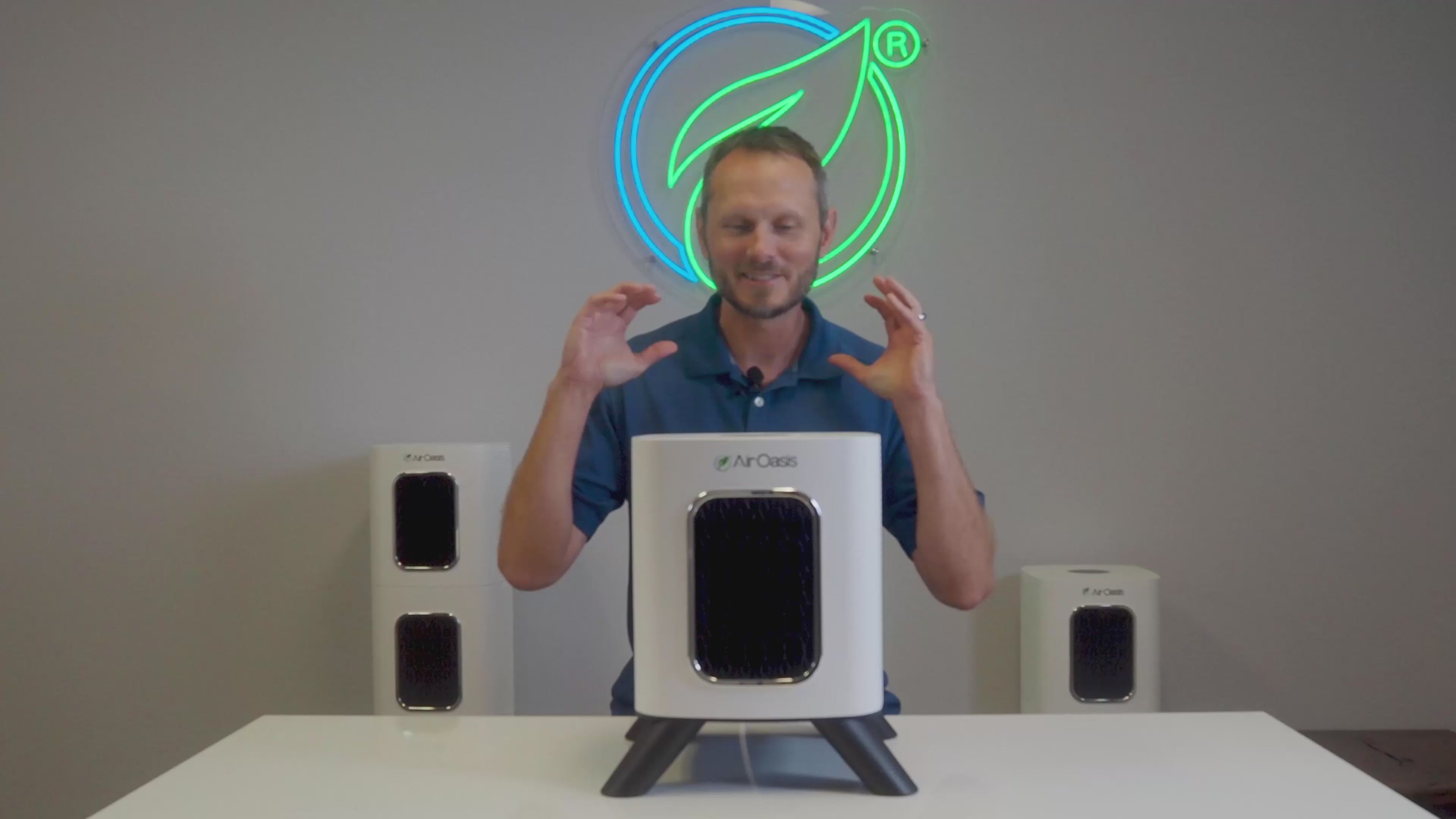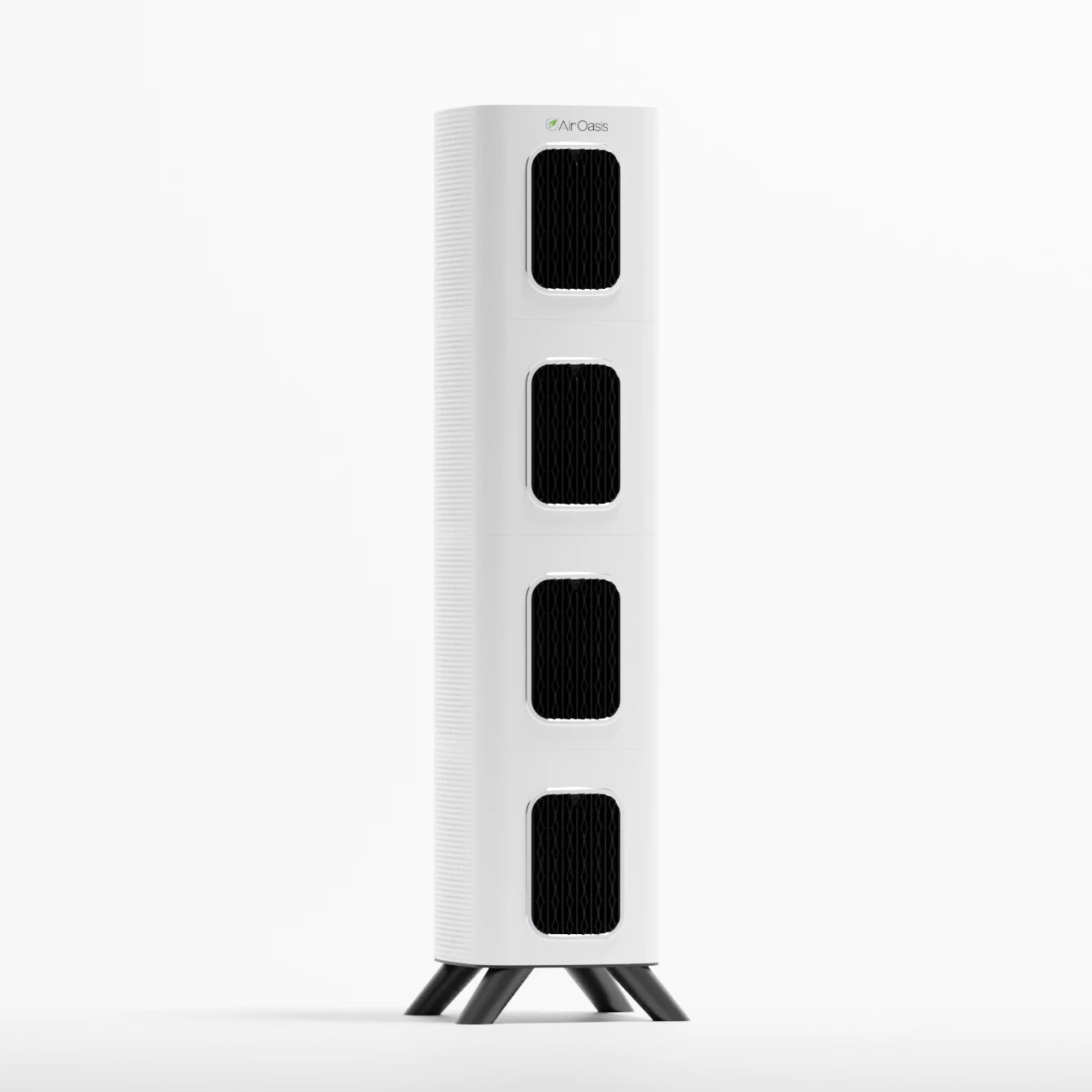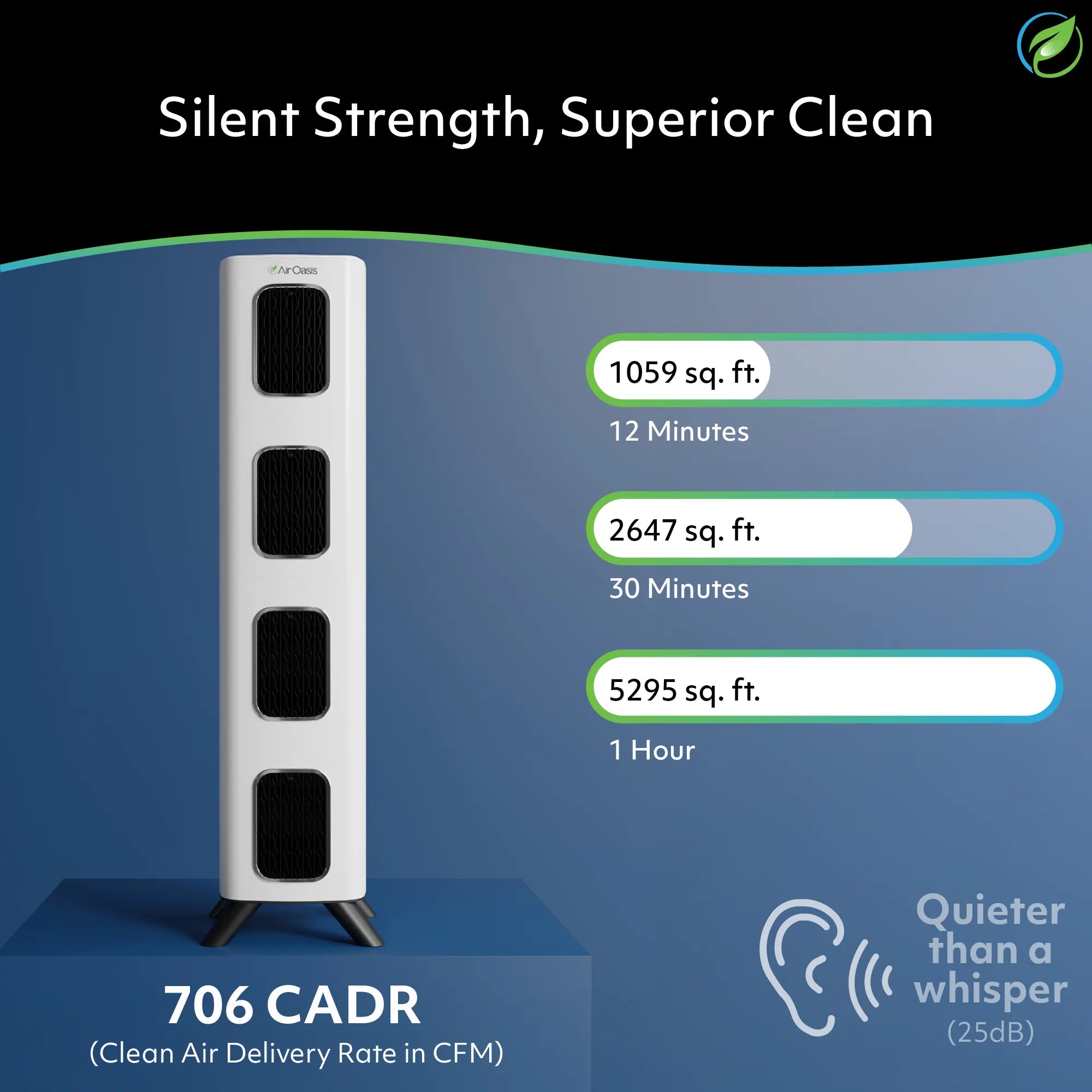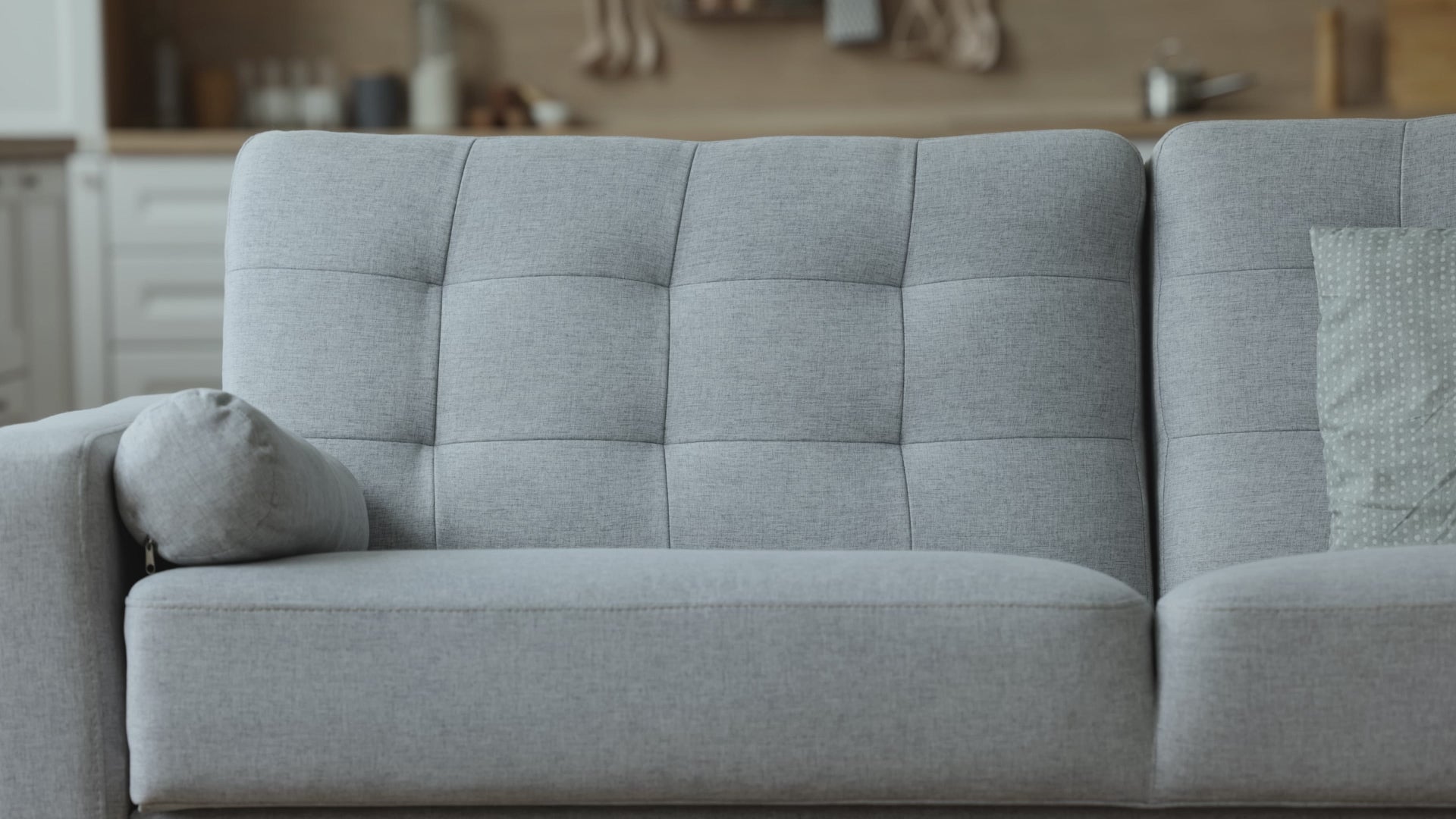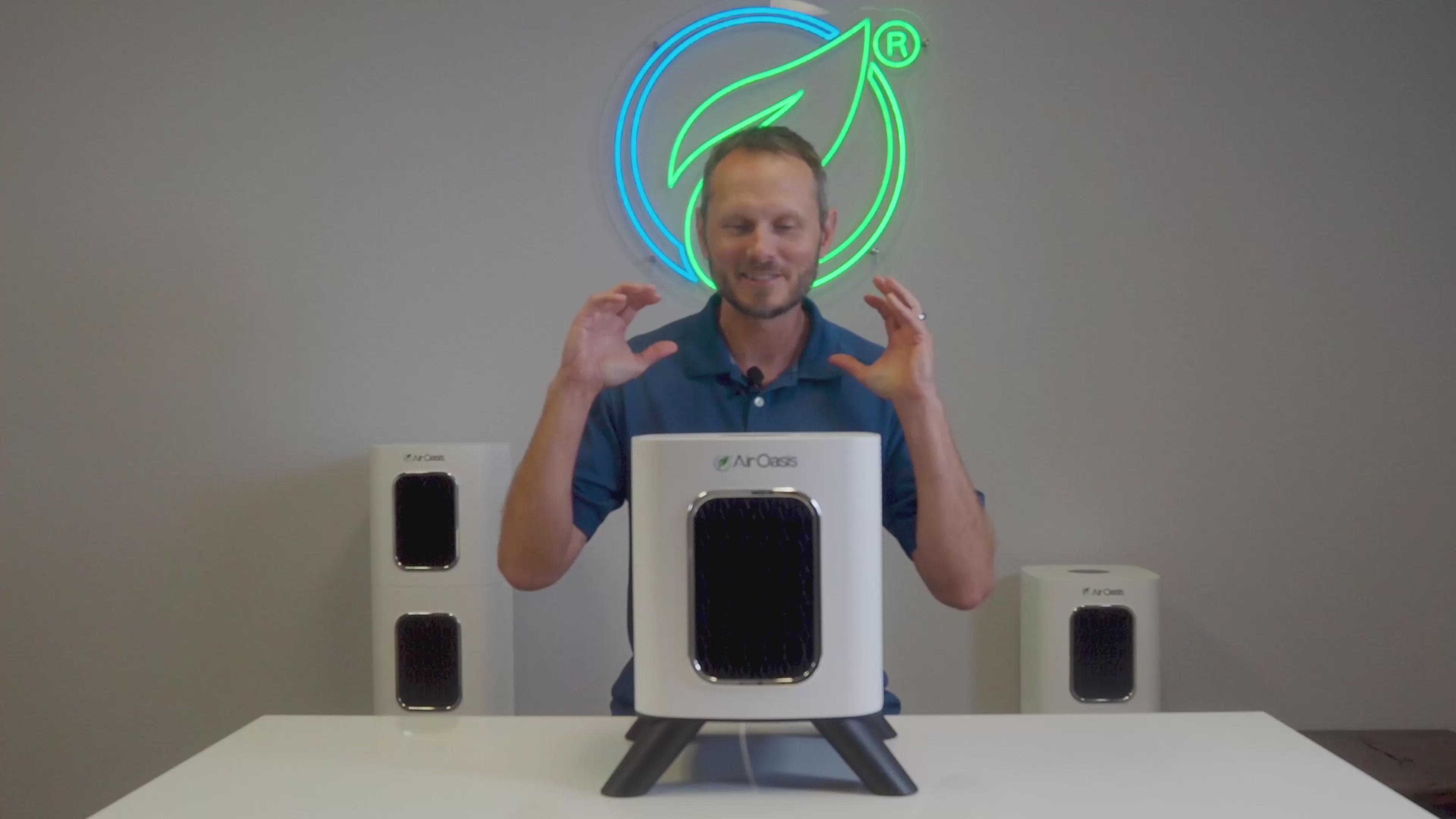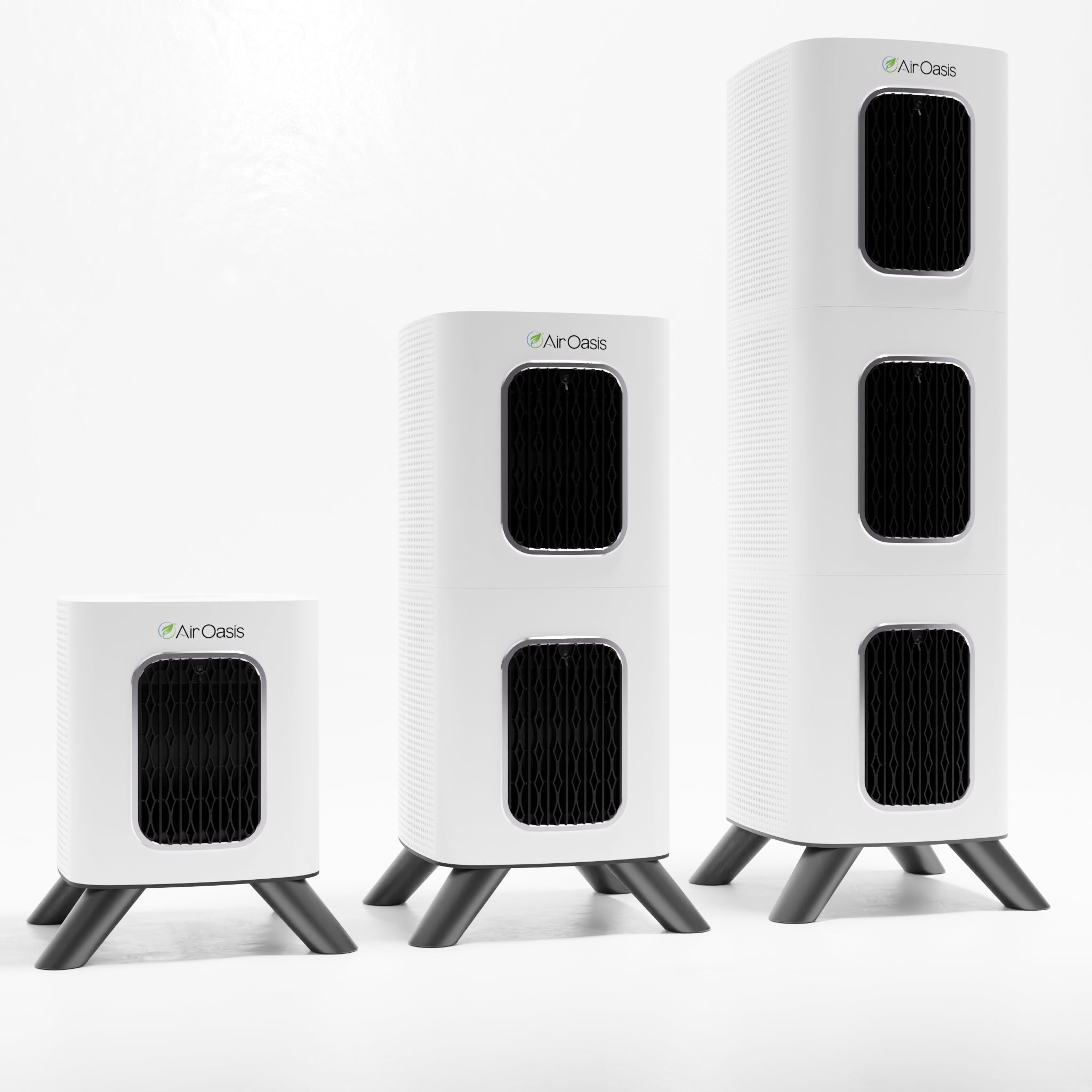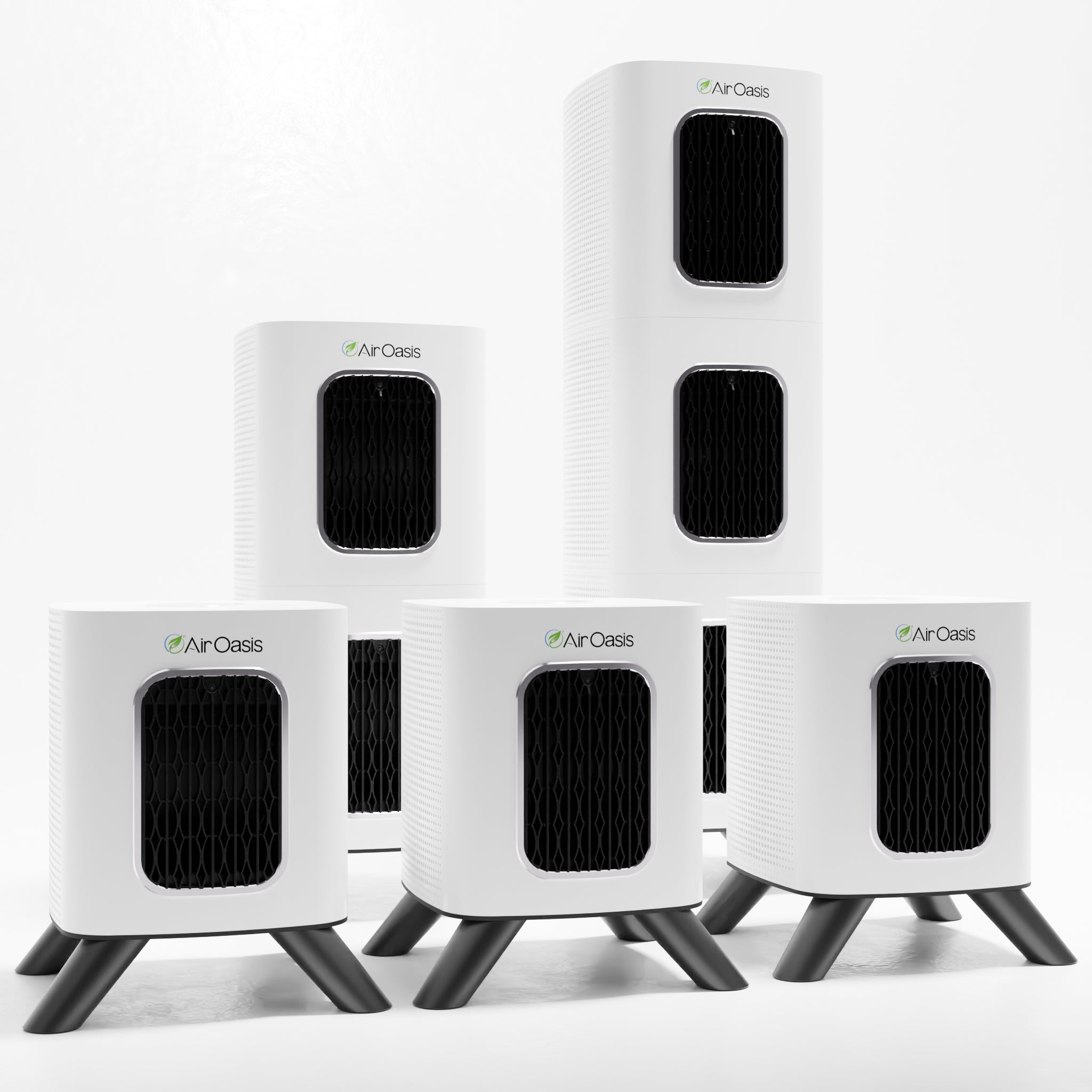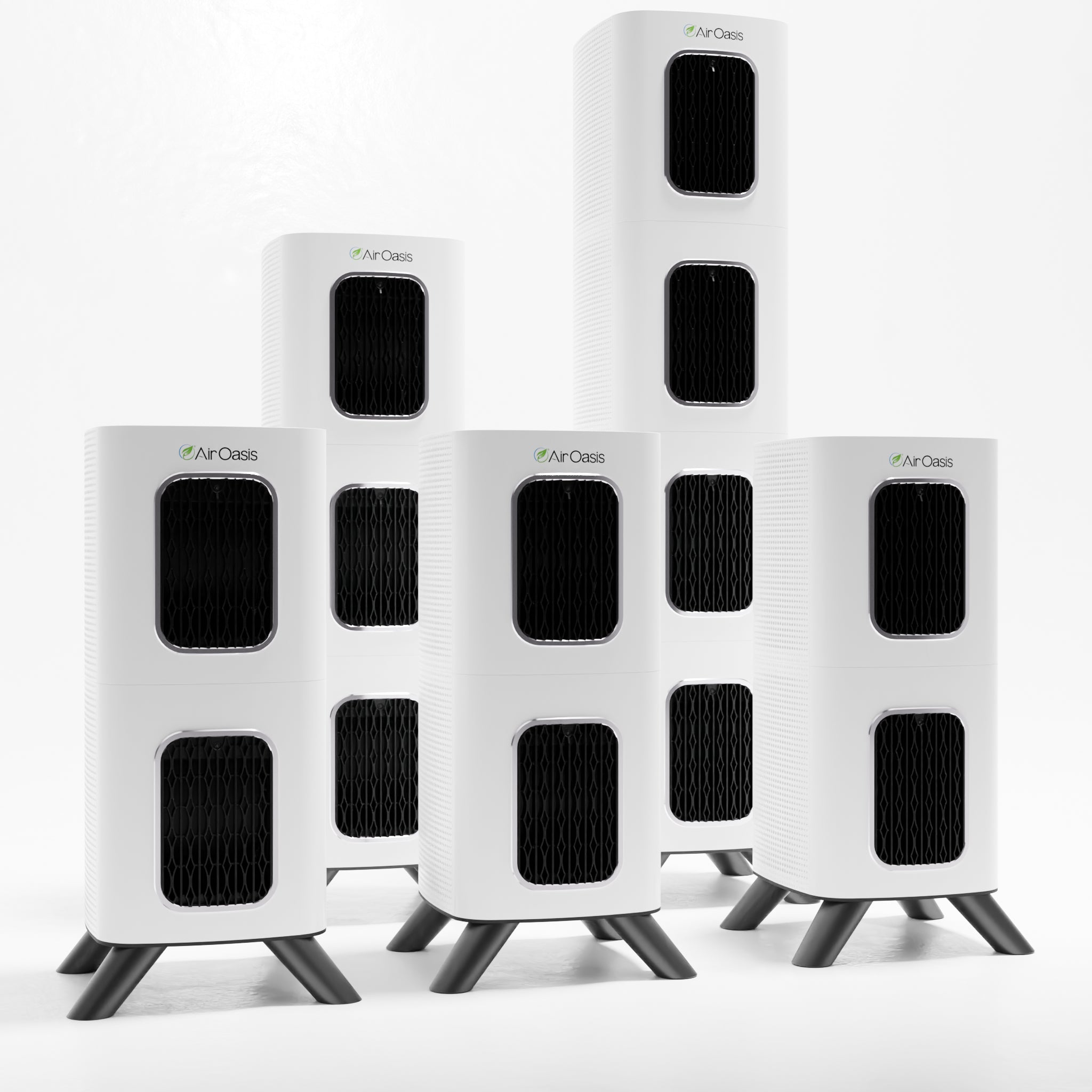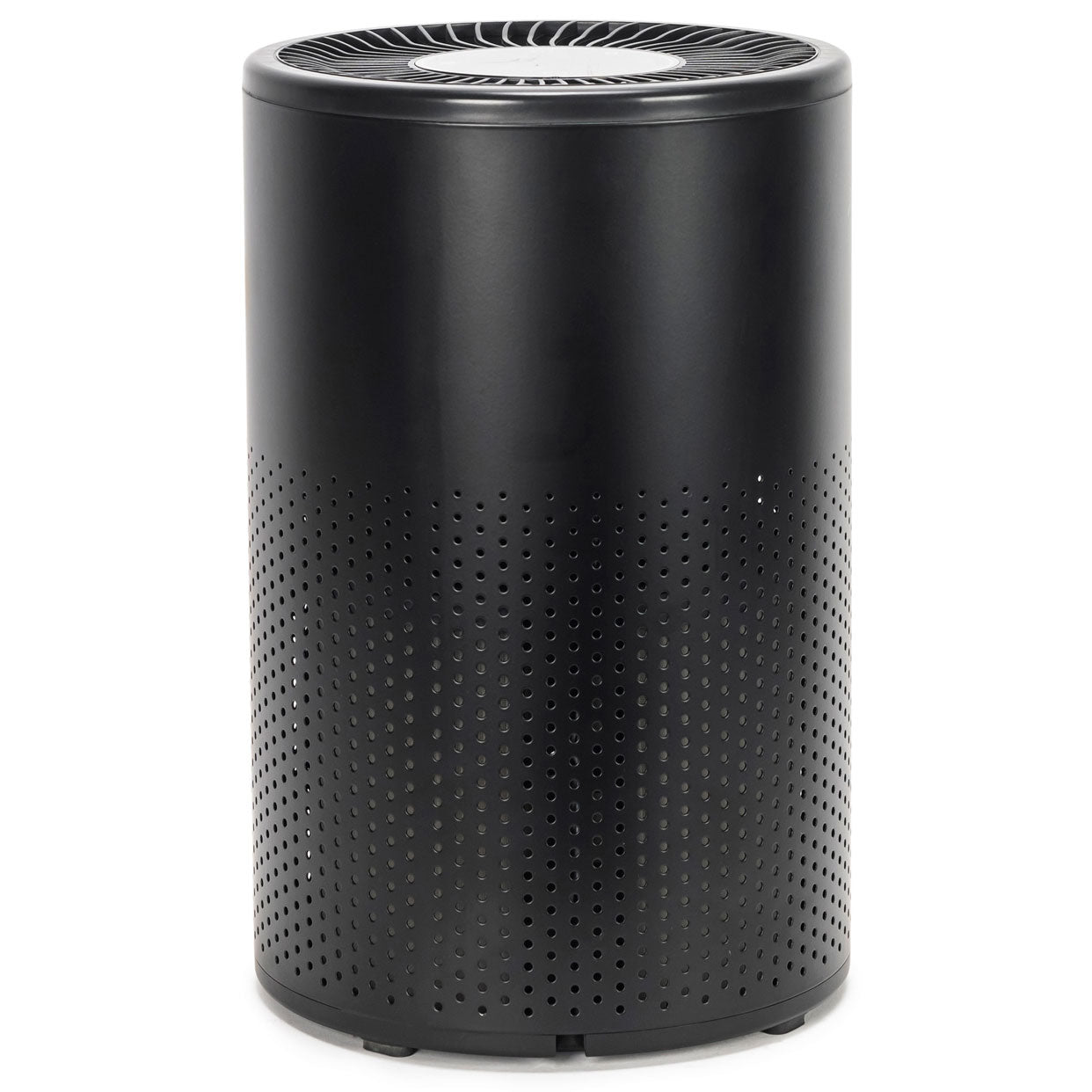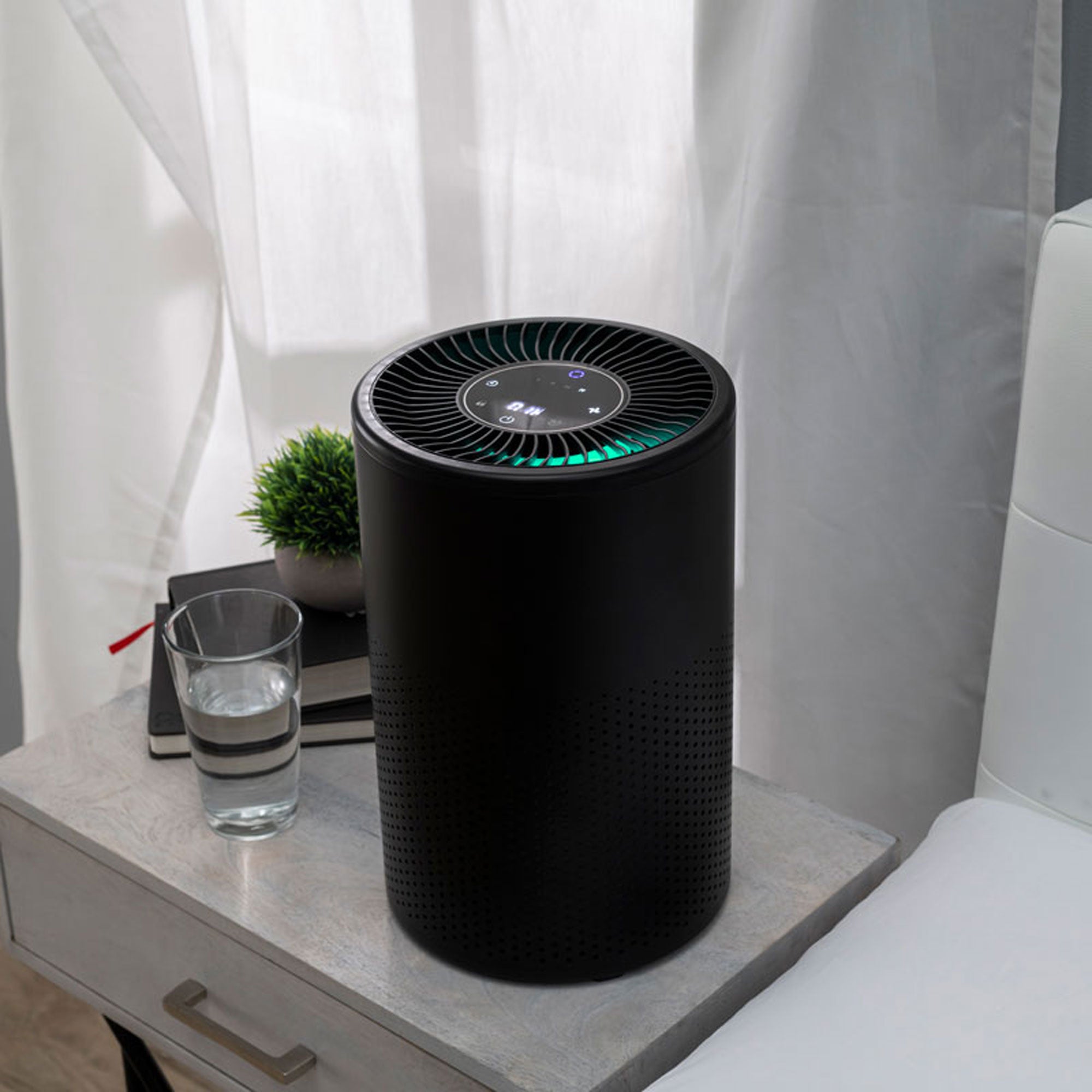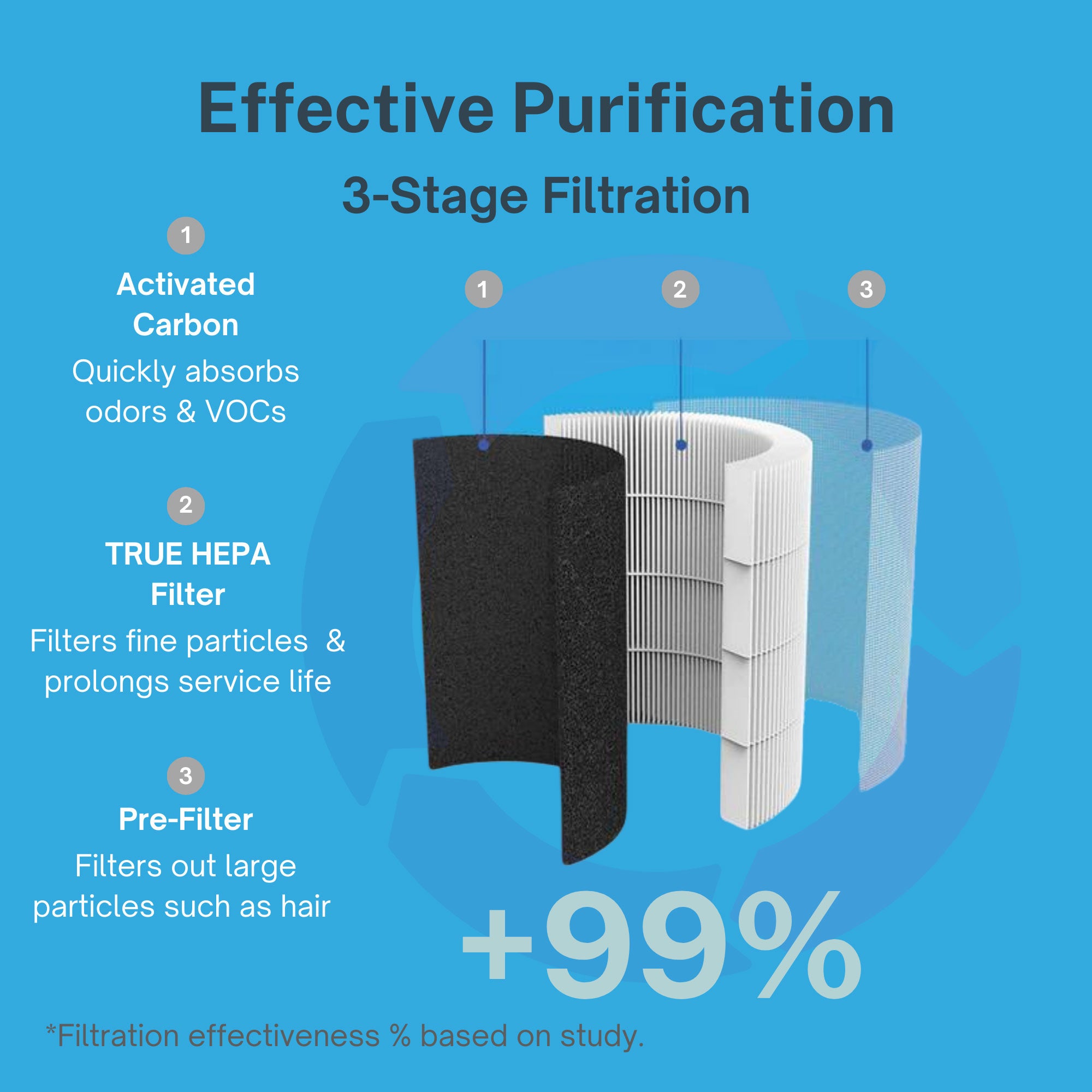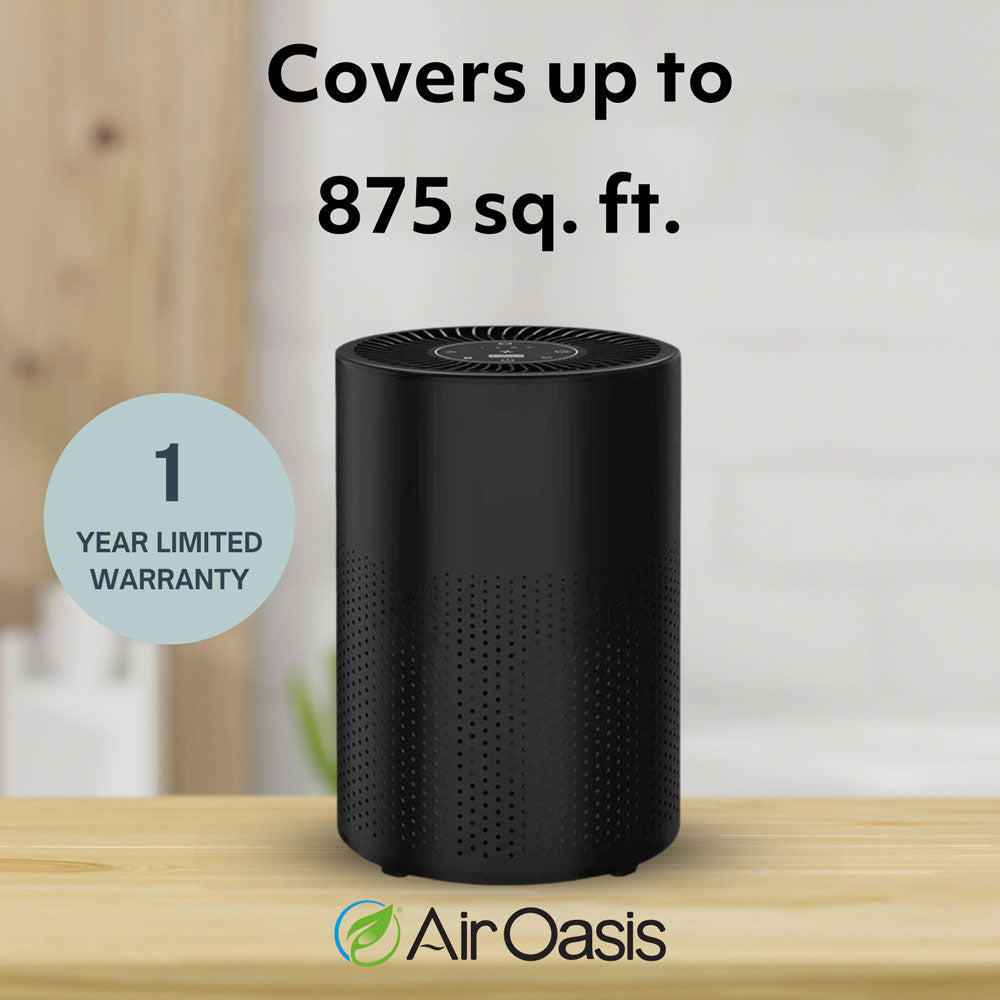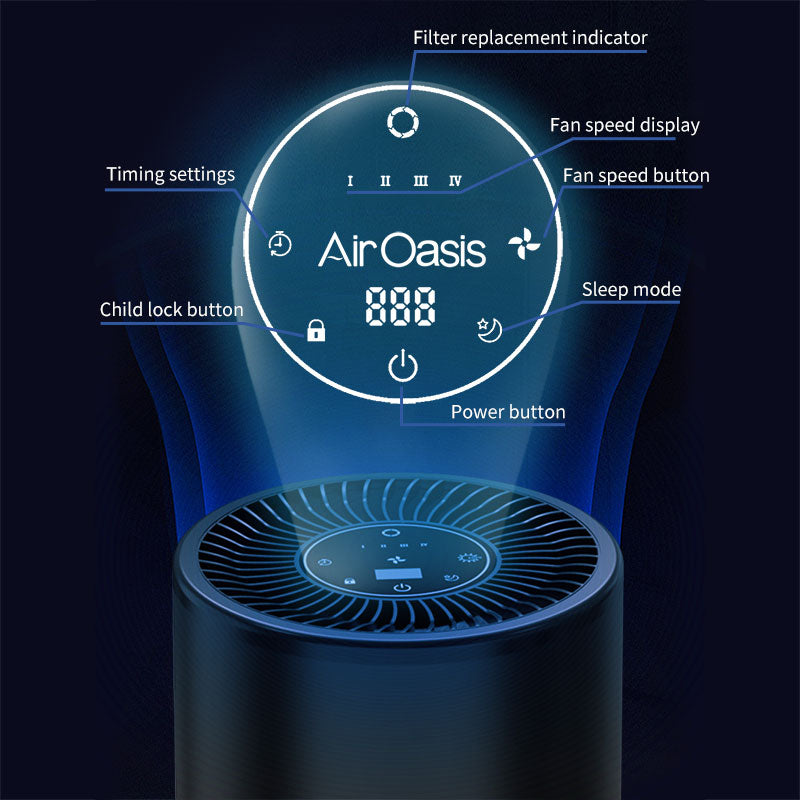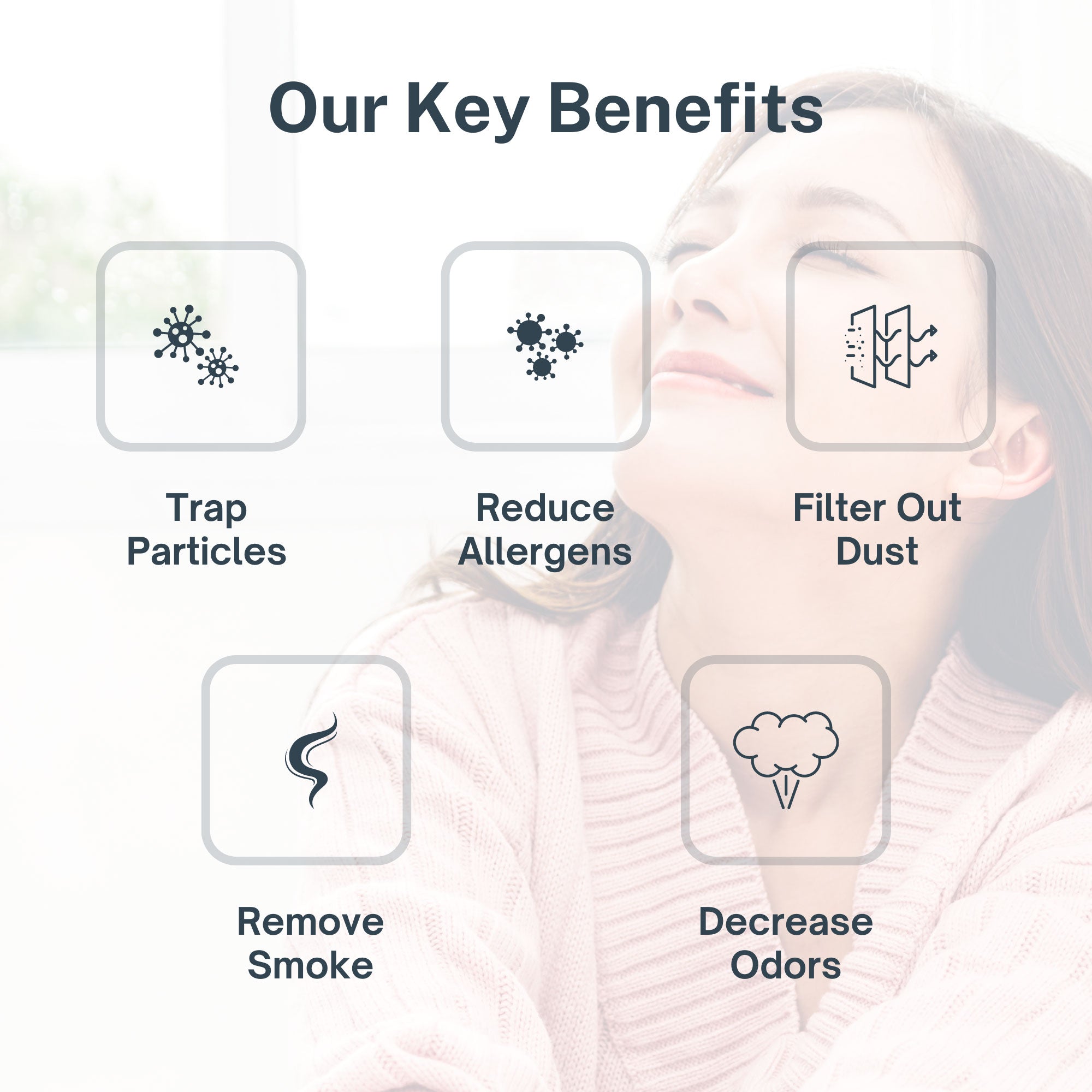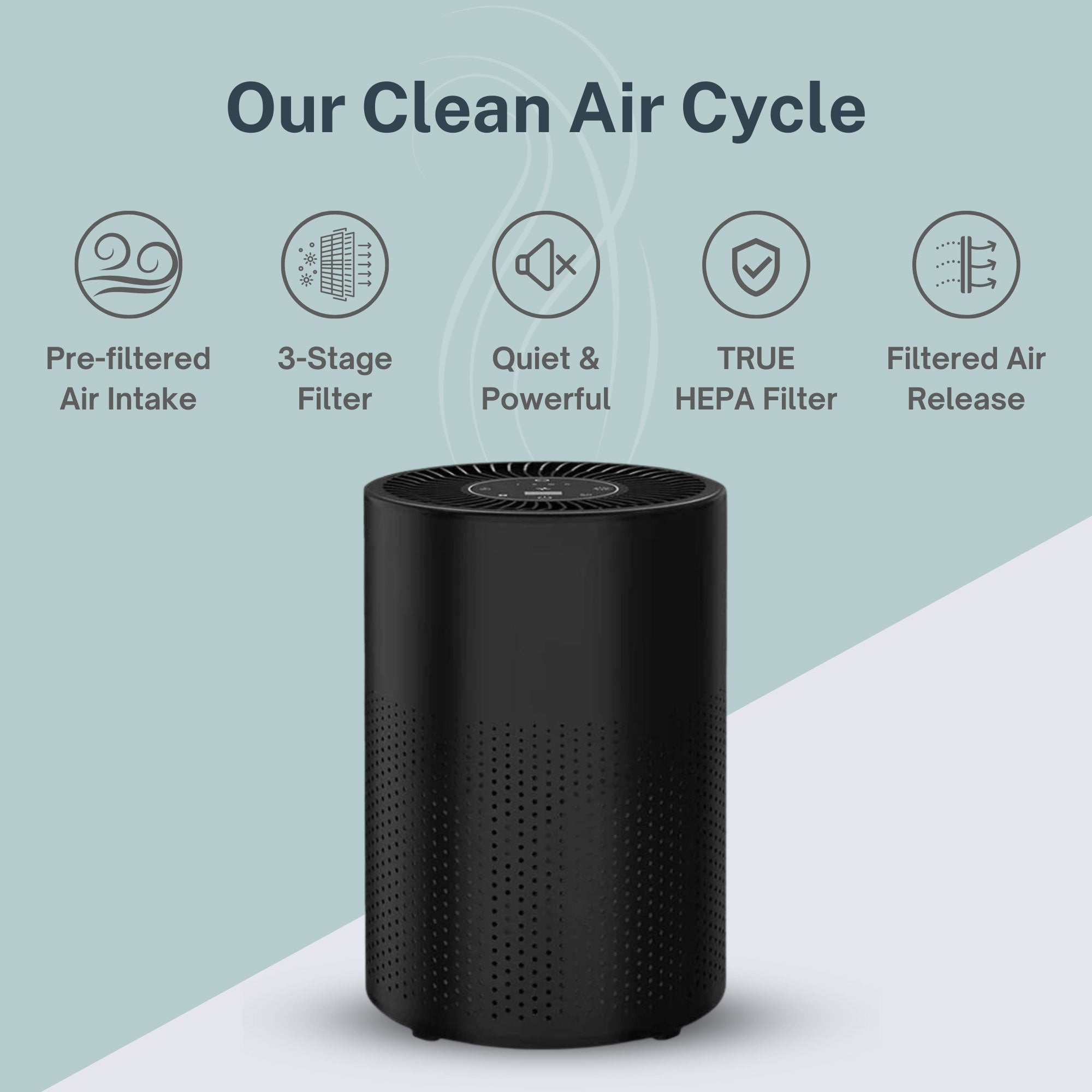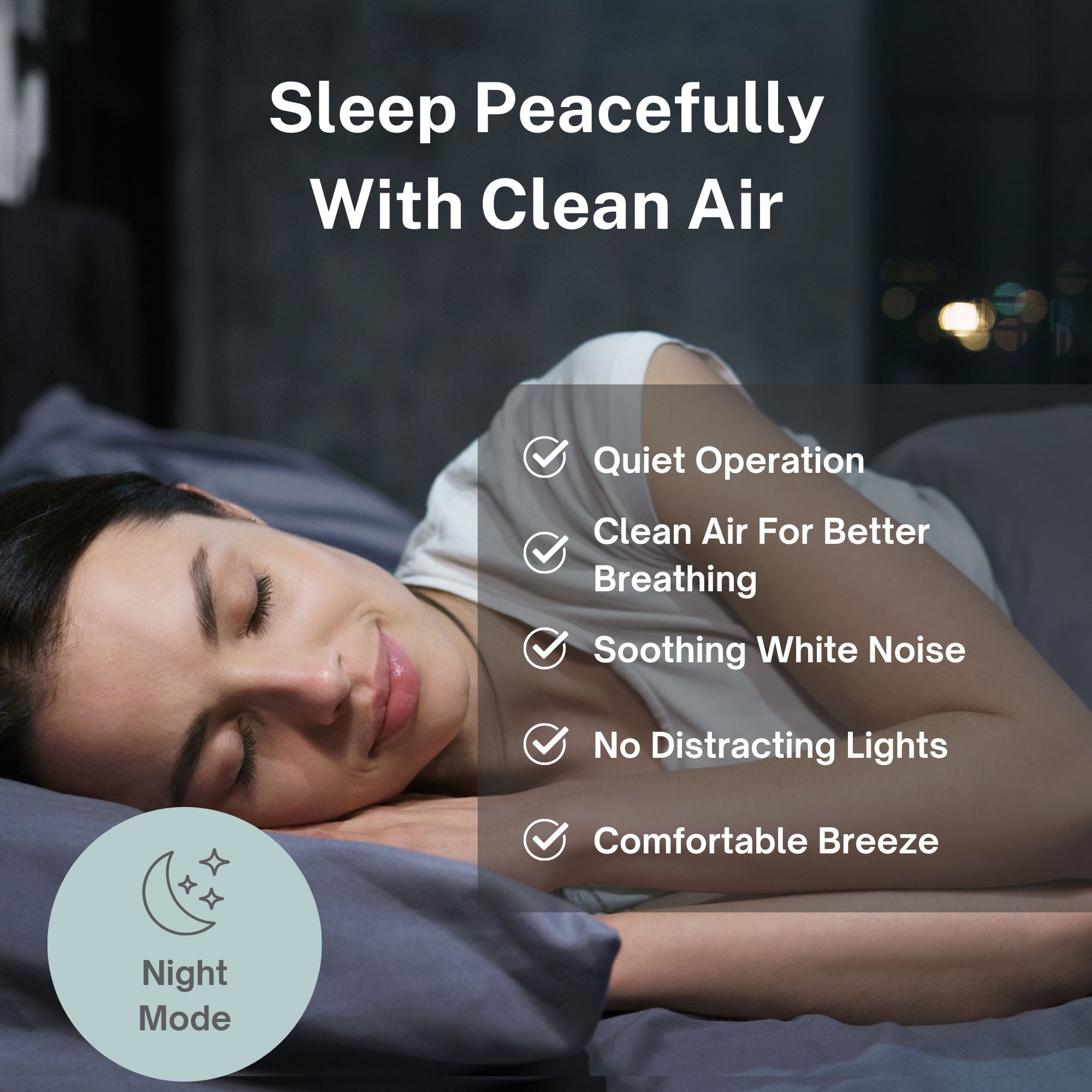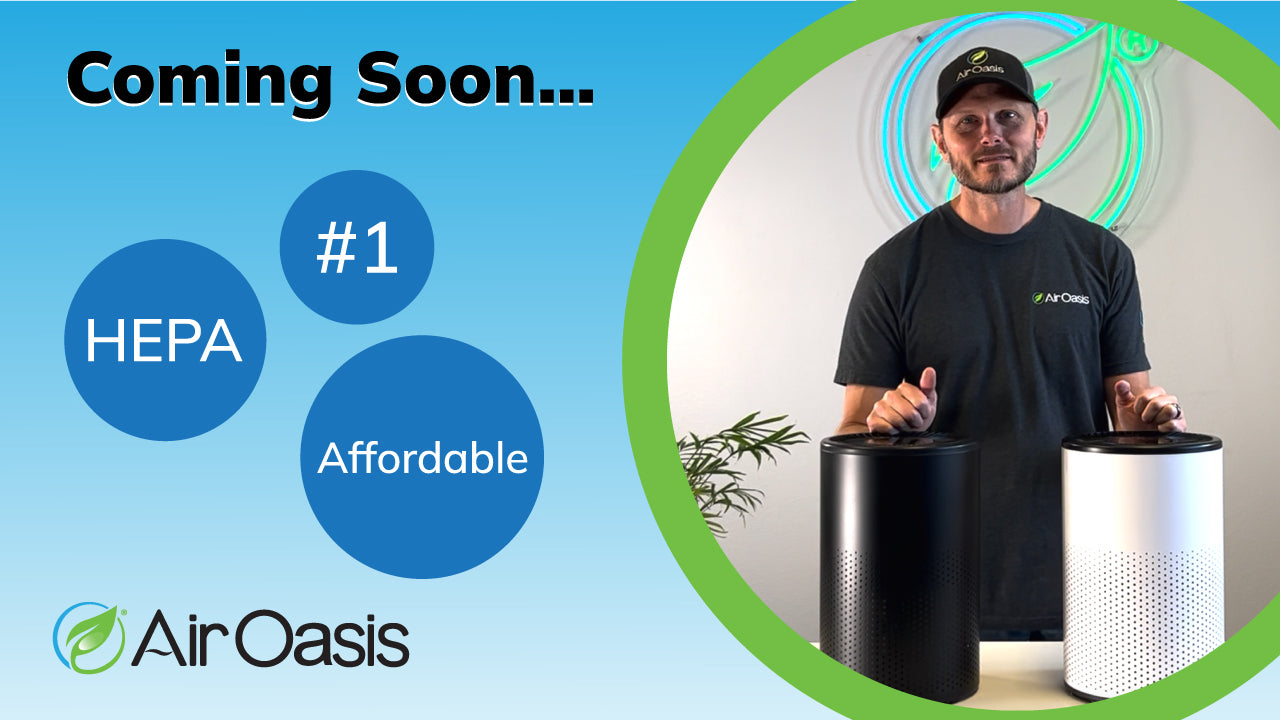Viruses, bacteria, chemicals, microbes, volatile organic compounds (VOCs) and your mouth is open? Dental offices can be a significant source of contaminants, irritants and unwanted particles that can impair your health and well-being. Increasingly, dentist offices have identified an urgent need to address indoor air quality, particularly as they consider reopening for business in the midst of the COVID-19 coronavirus pandemic. In an effort to both prevent sickness and improve treatment, this can be accomplished by using high-quality air purifiers.
Indoor Air at the Dentist: Patient Risk
Air pollution, both outdoor and indoor, is a risk in any environment. Articles published as many as 20 years ago offer significant evidence that dental clinics have higher than average concentrations of chemical pollutants. The patient waiting area, instrument washing room and general practice exam rooms are all impacted by bioaerosols from dental procedures.
Does this mean you should skip your cleaning or not get a cavity filled? Of course not. Disease transmission from aerosols and other airborne materials are a natural consequence of modern procedures. But this doesn’t mean patients have to be subject to them.
Conscientious dentists follow recommendations from the Journal of the American Dental Association and other governing bodies to implement procedures to reduce the threat from airborne contaminants. Most commonly, this is effectively accomplished with air purifiers in the dental office.

Air Purifier at the Dentist
Air purifiers are needed for dental offices for a variety of reasons. Many dental offices clean the air as a standard part of their infection control practices. This was precipitated by verifiable damage, first seen in dentists, hygienists and dental lab technicians:
- Cross-transmission is a real risk in a dental healthcare setting, where viruses and bacteria have been reported in high numbers both for workers and patients.
- The exposure to aerosols from the oral cavity poses a hazard for staff, as these contain pathogenic microorganisms.
- The U.S. Department of Labor categorized dentists as being in the top 100 least healthy professions, partly due to regular exposure to hazards in the air.
Job risk is assessed on a scale of how “unhealthy” it is, with scores calculated based on exposure to disease/infection and exposure to contaminants.
The most at-risk professions within the dental community, according to the U.S. Department of Labor’s report, are:
- Dental hygienists
- Prosthodontists
- Dental assistants
- Dental laboratory technicians
- General dentists
As early as 2010, large-scale studies were commissioned to assess indoor air quality at the dentist and to find feasible solutions. Ventilation and air quality were pinpointed as being the prime opportunities for improvement.
Air Purifier Dental Products
There are several methods whereby an air purifier can clean a dental office. This will reduce the threat of disease transmission and keep both providers and patients safe. More and more, it is considered essential that a dentist office has an air purifier. There are different kinds of air purifiers for dental practices that work in different ways.
HEPA Air Filters for a Dentist Office
Dental air purifiers need to capture drill aerosols, abrasion powder, vapors and other contaminants, including mercury. This requires advanced filtration that can purify air down to a very small size. High-efficiency particulate air (HEPA) is a mechanical air filter. Air is forced through a filter, trapping harmful particles. HEPA is a great option for filtering particles as small as 0.1 microns. Most HEPA filters have a permissible leakage standard of 1 or 3 out of every 10,000 particles.
There are a few different specific ways that HEPA filters trap particles. What is important for consumers to know is that they are effective at removing fine airborne particles. However, some extremely small particles and gases may not be filtered out of the air. This is why most high-quality air filters will use a multi-stage system that includes, but is not limited to, HEPA air purification. Some even add carbon filtration.
UV Air Purifiers for a Dentist Office
UV air purifiers for a dentist’s office may be a powerful way to remove even the smallest contaminants and gases. UV air purification can mitigate contaminants and pathogens. Because aerosolized droplets in the dentist office includes things like blood and saliva, containing microorganisms, it’s essential to ensure both HEPA and UV air purifiers add ionic purification as an added layer of protection. Air purifiers that utilize UV technology can minimize transmission risk.
Ionic Air Purifiers for a Dentist Office
Ionization is an extremely powerful way to purify the air. Dental offices are filled with surfaces that collect particles, which makes them easily transferable person-to-person. Any dentist office air purifier needs to be as effective as possible at removing unwanted gases and even vapors. UV ionic air purification uses technology experimented with by NASA. It is an extremely high-tech way to purify the air.
Best Air Purifier for Dental Offices
Air purifier technology can almost completely eradicate (99+%) of unwanted airborne particulates. Sophisticated air purifiers can achieve this through multi-stage filtration. Air Oasis leads the way in some of these technologies, leveraging the absolute best technology and chemical reactions to get the strongest results. Go here to learn more about purchasing an Air Oasis system for your dental practice, or to find one for your home.
